Do you have any plans in the future to play in an Orchestra? Are you forming a world music band or ensemble? Here are a few things to watch for and some suggestions on how to solve the challenges you might face performing and collaborating in this fashion.

I started collaborating with the Vancouver Inter-Cultural Orchestra in Vancouver back in 2005 or 2006. This was my first real foray into the world of fusion music, or world music, or intercultural collaboration with musicians from different musical backgrounds.
Since that time, the work of the VICO has come a long way. Our work usually showcases original compositions written by local and international composers. These works are written specifically for a wide array of instruments such as traditional Middle Eastern instruments, Chinese instruments, and Western String ensemble, and percussion.
The Biggest Challenges
There are many challenges we face in the VICO.
Some of the challenges we face have to do with…
Tuning:
Middle Eastern instruments are not tuned to equal temperament, and some use moveable frets. It can be difficult to sync up with Western instruments.
Orchestra’s like to tune to A = 440 Hz. I usually get the A reference pitch and then tune the rest of the instrument by ear. When I do this, my top C string ends up being flatter than the rest of the band because of equal temperament. So using a digital tuner to tune your open strings can help with this. Or you can just listen for the C other instruments are playing and try to align your strings to that.
If you’re curious to learn how to tune your Oud by ear, check out this post:
Balance:
Western instruments have been designed to project as loud as possible. Middle Eastern instruments are much quieter. Learning how to create a balance between these instruments is key to our work. Sometimes we have to use good amplification. Some composers do not like to use amplification because it is not true to the sound of the instruments.
If you’re ever in this situation, don’t be afraid to express your concerns. Mutual understanding will be the result of this. Ask the artistic director if your instrument is being heard. Be prepared and have a decent microphone and amplifier in case they need more volume from you. Or maybe the orchestra can provide one for you.
Cultural:
Different cultures approach music making differently. For example, large Western orchestras don’t have the time to get together and learn music on the spot. It is practiced beforehand. Persian musicians however have a habit of learning music together and arranging music on the spot during long-winded rehearsals. Persian musicians also tend to prefer learning music by ear than by notes on the page.
Composers can assist middle eastern musicians by creating a midi realization for their piece. Using a midi realization for practice will help you learn the song well. Not all composers like to use midi however.

Musical:
One of the challenges I have is playing music from the page. When I play a composition from the notes on the page in a large ensemble, I feel like I’m not playing much, I feel like it’s not my playing. It looks so dry on the page. So I play very dry. I have the habit of adding color and texture, but the composer is not calling for all that embellishment. This takes a lot of time to get used to. And it helps to be able to see the larger picture, and the larger sound.
Talk to the composer and try to understand his/her vision for the piece.
Following a conductor:
I don’t regularly follow a conductor when playing music. If you’re ever in this setting, try to learn your music well enough so you don’t have to look at the page too much. And follow the conductor, try to get his rhythm. It’s much harder than it looks.

Often you are given music to play, but you don’t know how the rest of the music sounds so sometimes playing your part is completely unsatisfying until you hear all the parts intertwined. As a Middle Eastern musician, this is very tiresome and difficult to get used to.
The Biggest Challenge
The biggest challenge I think is for the composers who compose music for inter-cultural orchestra, because they have to learn how each of these foreign instruments work. What is idiomatic on the instrument? What are its limitations? Can the musician play what I’m asking them to play? Solving these problems requires time and effort, consultations, and workshops to test the range and limits of the instrument, and understand the sound of the instrument. Not only understanding what the instrument can play, but also what the musician is willing to play.
When a new music composer writes something completely unorthodox for an instrument, it is quite often confusing for the musician. The musician really has to be willing to try new things on their instrument. And a composer must also be aware of what a musician is willing to play on the instrument.
A Rewarding Experience
I have met many talented musicians and composers whom I have collaborated with over the years on various projects. My mind has been opened to many new ways of approaching music, and I have grown as a result.
A Truly Vancouver Experience
The Vancouver Intercultural Orchestra is a truly multi-cultural experience, but it is still heavily a Western endeavor, from a Western perspective, and worked on with a Western approach to music.
In the end, until now the Vancouver Intercultural Orchestra takes ethnic instruments and puts them in an orchestral setting and has us do what they do. It creates a new sound, and we are creating new music and new horizons. But in the end we are reading notes from a page, and being conducted much like a Western musical ensemble.
Watch the video below to see the Vancouver Intercultural Orchestra in action. That’s me playing Santour and Oud with the long hair and glasses. 😛
New Music
The VICO has done many Avant Garde pieces which are more free. This has been a challenging experience, which I am happy to have been a part of.
The Future…?
I’m looking forward to when we can get Violin’s and Cello’s to play quarter tones, improvise, and get the Western instruments to create music the way Middle Eastern musicians do it.
I hope this will inspire more people to do more collaborations like this.
Do you know a group that is similar? Please share in the comments below. I am looking forward to hearing more ensembles like this.
Also, sign up for the Oud for Guitarists newsletter to get more tips like this straight to your inbox every week!

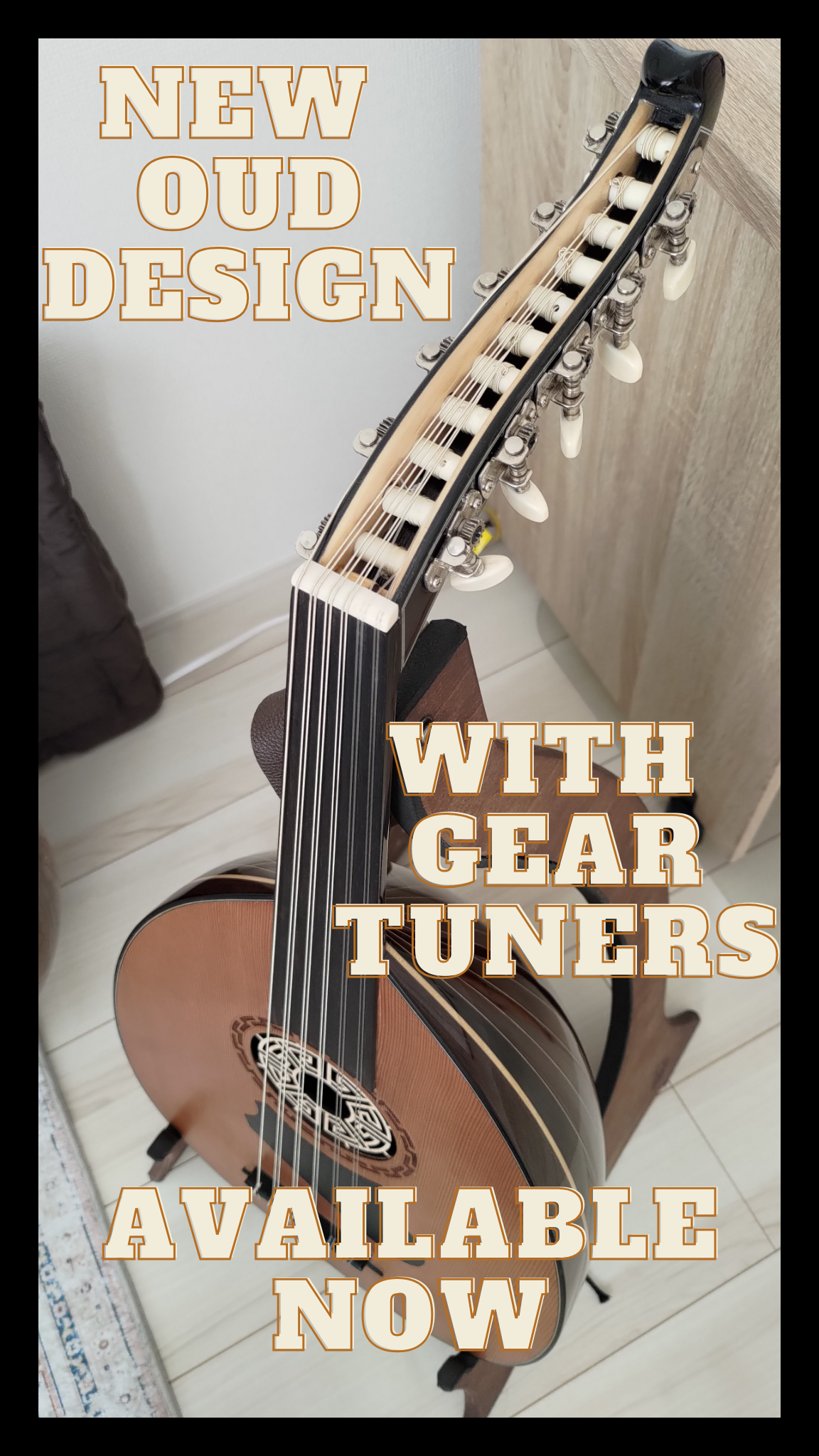
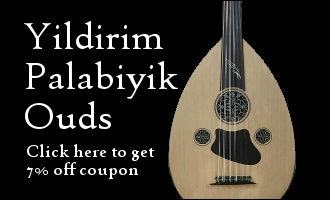
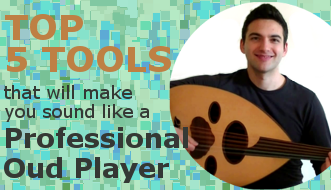
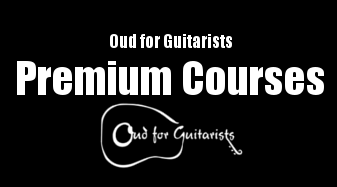
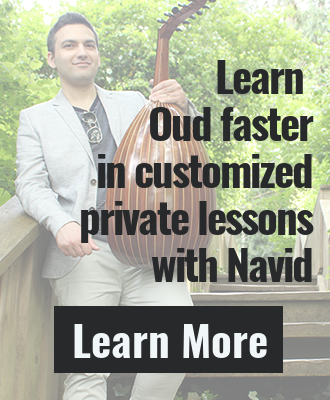
hi we are down at coast in Mombasa Kenya music is dead I would say all the youth are in to drugs that culture music is gone no body pays any view to it but I like the performance thanks